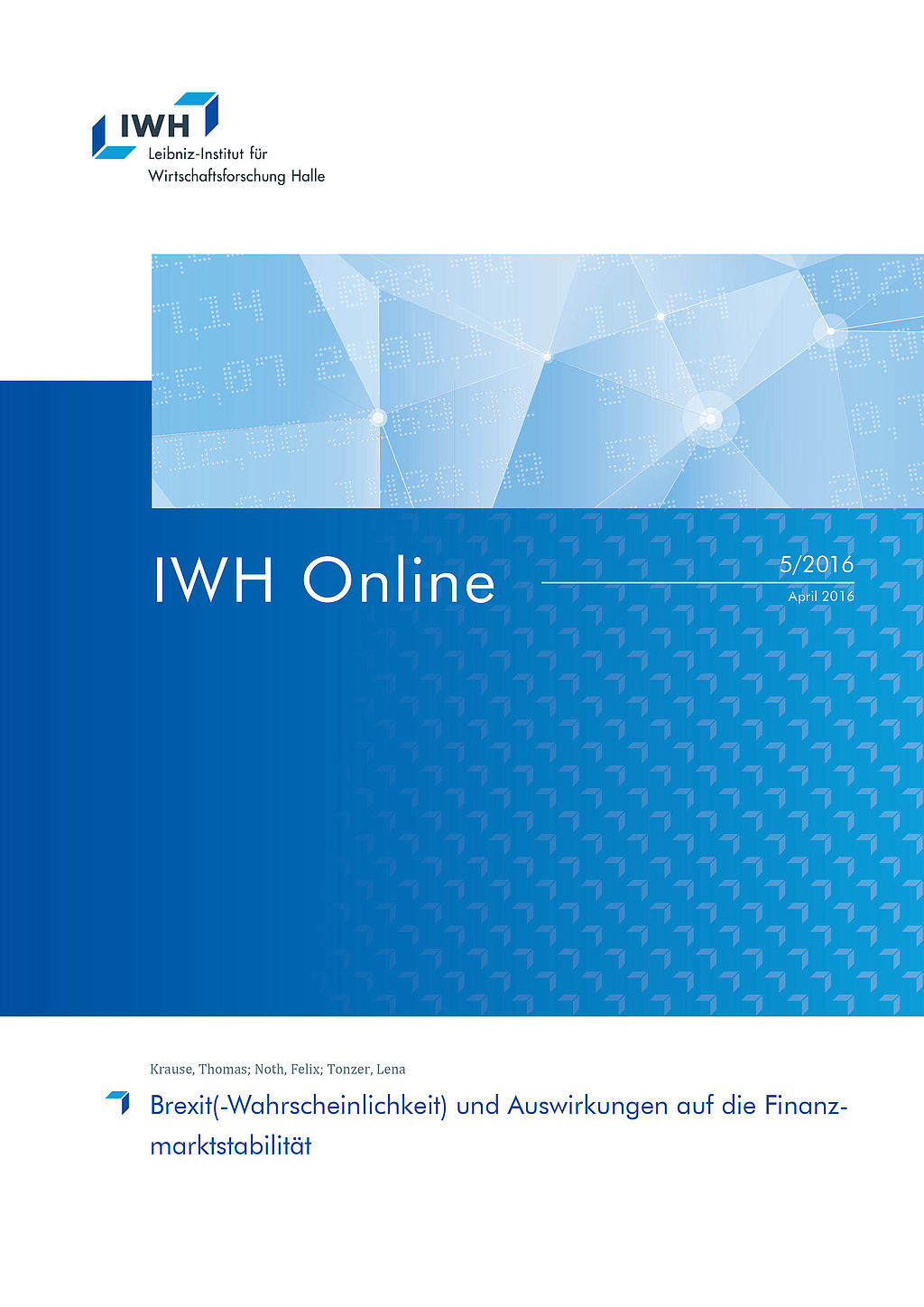German Households Benefit from Low Interest Environment
The return on the portfolio of the average German household was significantly higher from 2010 to 2015, i.e. in the low policy rate environment, than in the pre-crisis period of 2003 to 2007. The reasons for this effect include that interest rates on savings accounts and other deposits did not benefit very much from the high interest environment. Hence, the reduction in yield in the low interest environment is relatively small. At the same time, returns on equity and, most importantly, real estate increased substantially in the low interest environment. Despite their relatively small share in the portfolio of average households, this increase in returns over-compensates the losses on savings accounts.
These benefits accrued to households across the income distribution in Germany, i.e. it holds for low income as well as for high income households. However, due to higher home ownership rates and a higher share of equity in their portfolios, high income households benefited disproportionately. 66% of the total benefit of 364 billion Euro accrues to high income households. Losses accrued to households that do not own their home, but there are small at on average 500 Euro per household over the five-year period.
Households also benefited from lower interest cost on new loans taken out in the period. These effects are small (less than 20 billion Euro for all households during the five-year period), because the lower policy rates are not fully reflected in retail interest rates, especially for overdrafts and consumer loans.
The results show that it is incorrect to directly infer from low policy rates that retail rates change proportionately. It is of crucial importance to also consider how quickly and to which extent banks pass on lower policy rates to their customers. At the same time it is not surprising that stocks and real estate prices may significantly rise in a low interest rate environment. Ultimately, for each individual household what matters is the composition of its portfolio. Households with a balanced portfolio including real estate and equity did better than those with savings exclusively in savings accounts and life insurance assets. The low share of homeownership and the low participation rate in the stock market hurts the return German households are able to obtain on their savings.
Whom to contact
For Researchers

President
If you have any further questions please contact me.
+49 345 7753-700 Request per E-MailFor Journalists

Internal and External Communications
If you have any further questions please contact me.
+49 345 7753-720 Request per E-MailIWH list of experts
The IWH list of experts provides an overview of IWH research topics and the researchers and scientists in these areas. The relevant experts for the topics listed there can be reached for questions as usual through the IWH Press Office.
Related Publications

“The German Saver” and the Low Policy Rate Environment
in: IWH Online, 9, 2015
Abstract
It is widely claimed that “the German saver” suffers (i.e. generates significantly lower returns on her savings) in the low interest environment that Germany currently experiences relative to a high interest rate environment. With “low interest rate environment”, the observers tend to mean “low policy rates”, i.e. the European Central Bank’s (ECB) main refinancing rate.



